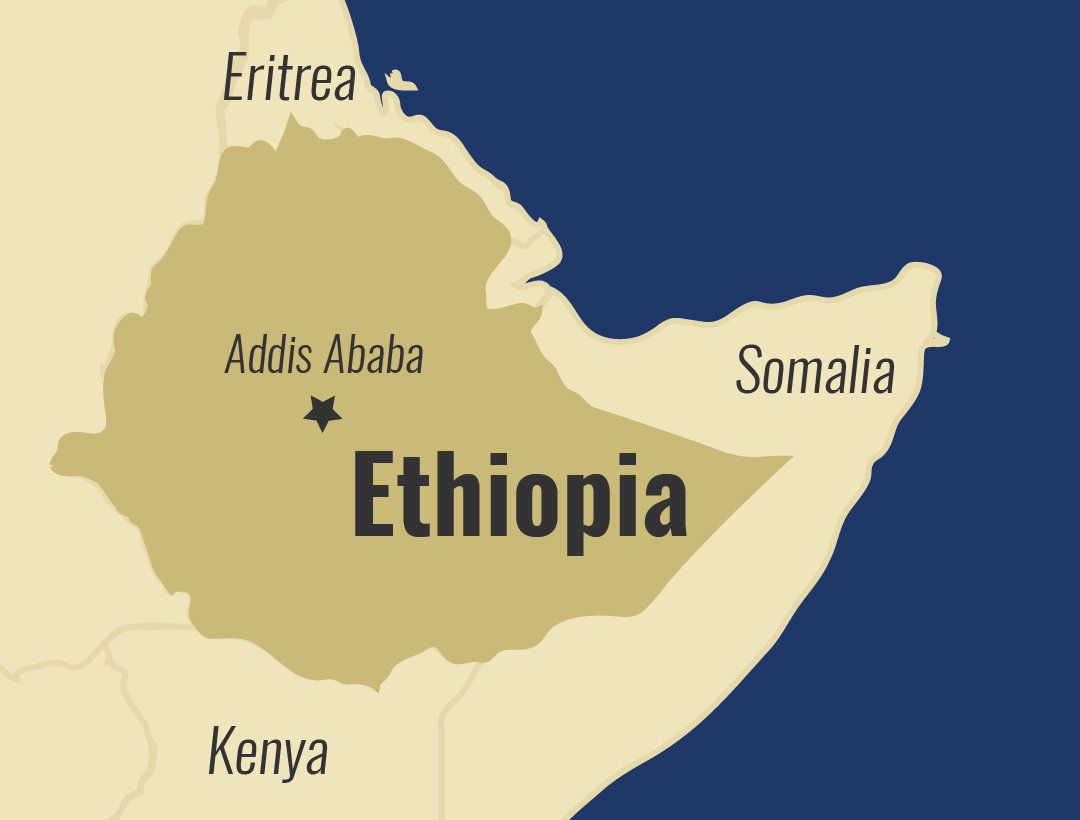
Regional party wins vote in Ethiopia’s Tigray, challenging federal government
The regional ruling party has won a landslide election victory in Ethiopia’s northern Tigray region, officials said on Friday, as a confrontation looms with national authorities who have branded the vote illegal.
The dominant Tigray’s People Liberation Front (TPLF) won 152 out of 190 seats in the polls for the regional legislature, electoral commission spokesman Abdel Guesh said.
Tigray pressed on with the vote this week, in a direct challenge to the federal government which has said it was postponing all regional and national elections until at least next year because of the pandemic.
The decisive win will strengthen the TPLF’s hand as it confronts Prime Minister Abiy Ahmed who is struggling to hold together a fractious federation that stitches more than 80 ethnic groups into Africa’s second-most populous nation.
But the vote also saw off a more immediate threat to the country’s unity – the TPLF won a decisive victory over a party calling for Tigray to split away from Ethiopia all together.
Abiy denounced the election but has not said how he will respond, beyond ruling out using force. The federal government supplies about half of the region’s budget.
Tigrayan leaders dominated the national coalition that took power in 1991 until Abiy’s appointment in 2018. They have said Abiy is trying to illegally extend his term and some have accused him of persecuting Tigrayans.
Abiy has overseen sweeping democratic reforms since taking power, and won the Nobel Peace Prize for making peace with neighbouring Eritrea. But he has also faced increasing internal challenges from a slew of regional leaders.
“The (TPLF) has been the strongest critic of Abiy’s leadership, and this is likely to intensify after consolidating its power,” said Will Davison, the Ethiopia analyst with the International Crisis Group think tank.
“However, the TPLF landslide means that Tigrayan secessionists did not make major gains, and it is now clearer than ever that the federal government has to deal with the TPLF if it wants to discuss issues stemming from its position that the election was unlawful.”
Reporting by Giulia Paravicini; Writing by Katharine Houreld; Editing by Jon Boyle, Timothy Heritage and Andrew Heavens






